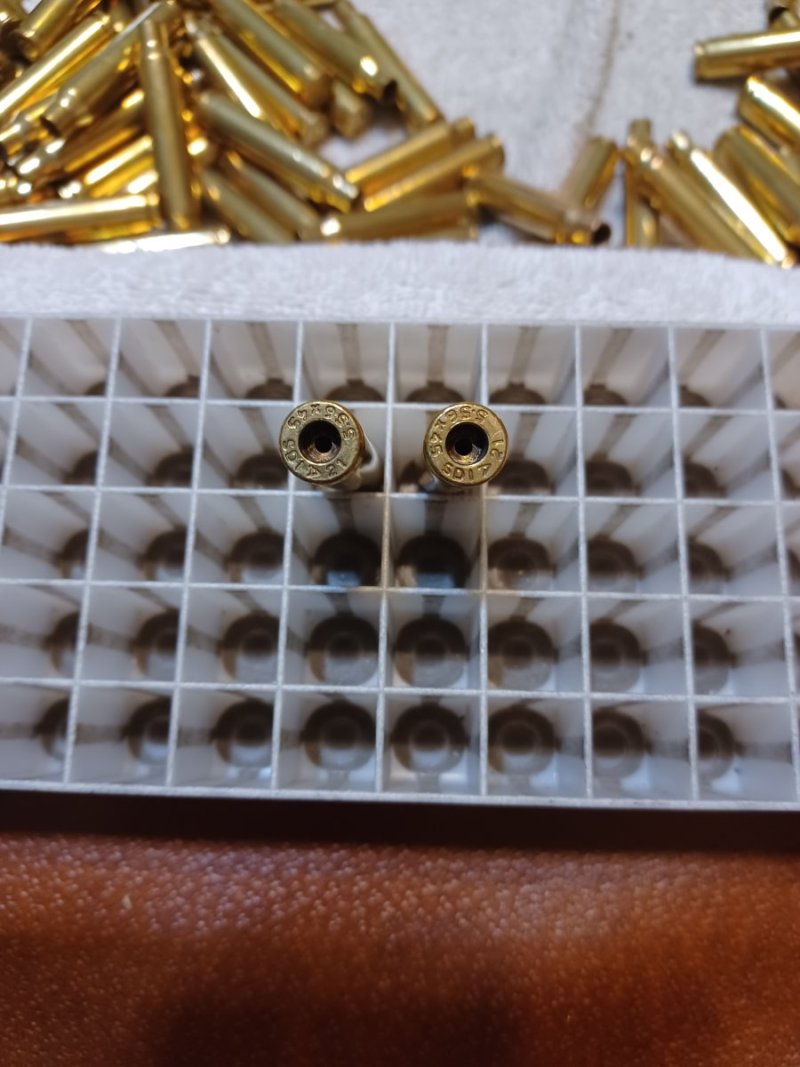I self taught myself about 25 years ago but being an aircraft mechanic I'm anal by nature and can follow procedures/manuals very, very well.
I agree not everyone is capable of the accurate repetitiveness it takes to reload and to mix alcohol and anything firearms related is just asinine.
I agree not everyone is capable of the accurate repetitiveness it takes to reload and to mix alcohol and anything firearms related is just asinine.










